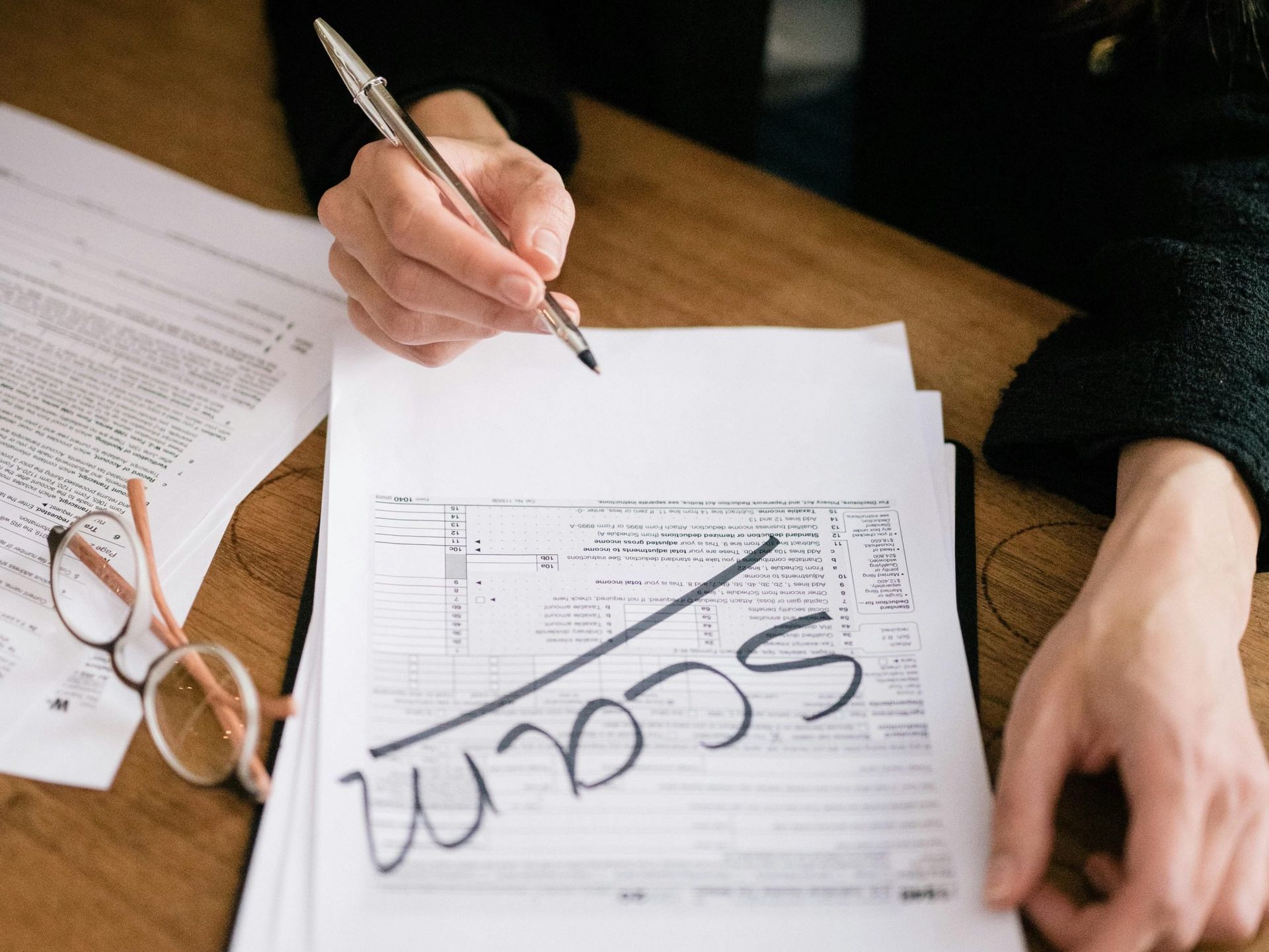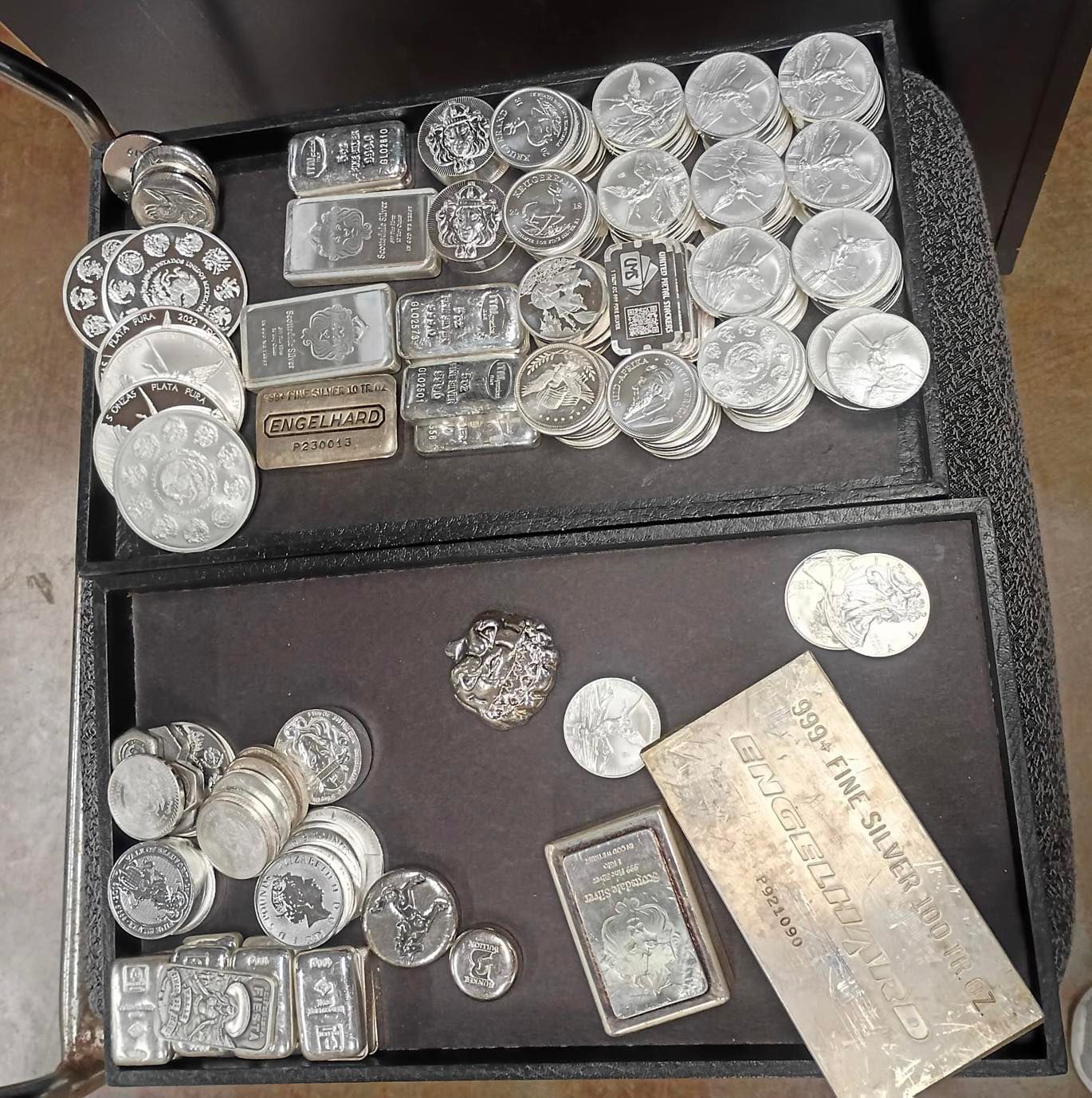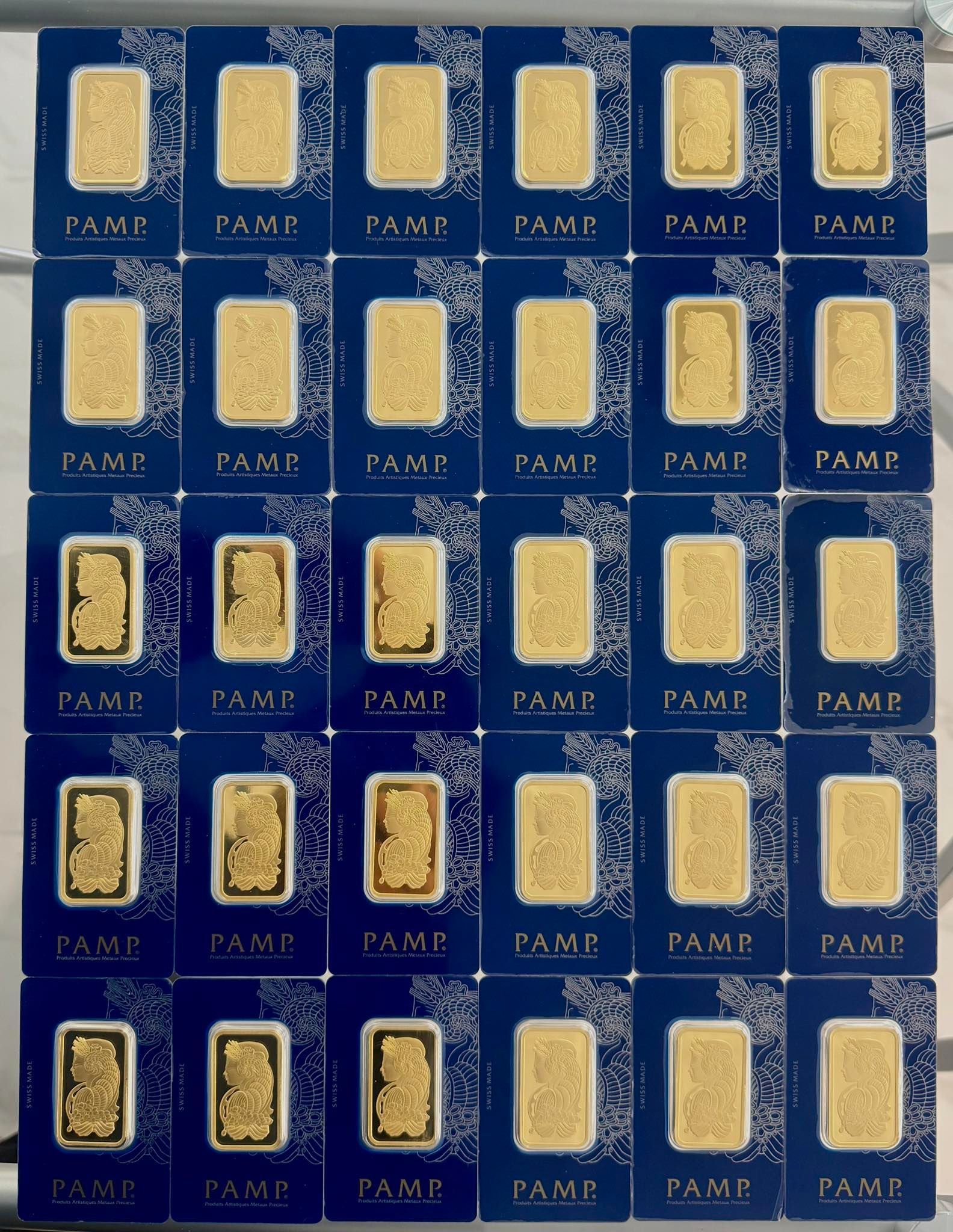How to Spot a Fake: Avoiding Scams and Overpriced Items at Estate Sales

Estate sales can be a treasure hunter’s dream—a chance to score antiques, collectibles, furniture, fine jewelry, and rare finds at prices you won’t find in retail stores. But while estate sales often present opportunities, they can also come with pitfalls. From estate sale scams to overpriced or counterfeit items, it’s important to shop smart and stay vigilant.
At
Acadiana Gold Exchange, we’re passionate about helping our community make informed buying decisions. That’s why we’ve put together this comprehensive guide on how to protect yourself, avoid getting duped, and get the most out of your estate sale experience.
Understanding the Appeal of Estate Sales
Before we dive into red flags and warning signs, let’s quickly explore why estate sales attract such a wide range of buyers:
- Unique Finds – From vintage watches to rare coins and signed art, you never know what hidden gem you might uncover.
- Discounted Prices – Many items are sold at lower prices compared to their retail value, especially on the final day of the sale.
- High-Quality Goods – Estate items often include well-maintained furniture, tools, and personal items that have stood the test of time.
However, with high demand comes high risk. Scammers and opportunists may try to take advantage of unsuspecting shoppers.
Red Flags That Might Indicate an Estate Sale Scam
Not all estate sales are created equal. Some are run by professional companies, while others are privately organized and poorly managed. Here are key warning signs to watch out for:
1. Lack of Documentation
Legitimate estate sales typically come with inventory lists, certificates of authenticity for valuable items, and transparent pricing. Be wary if:
- The seller refuses to provide receipts or documentation.
- There’s no paper trail for high-value items like jewelry or art.
2. Pressure Tactics
If you’re being rushed to buy or told “this deal is only available right now,” that’s a red flag. Reputable estate sale organizers allow time for inspection and negotiation.
3. No Online Presence or Reviews
Search the name of the company or individual hosting the sale. A lack of reviews, website, or social media presence could signal a fly-by-night operation.
4. Inconsistent Pricing
Prices that seem too high or too low without justification should raise eyebrows. When possible, compare similar items online before purchasing.
Avoiding estate sale scams begins with doing a little homework beforehand. Check for licenses, business reviews, and a physical address before attending any sale.
How to Identify Counterfeit Goods at Estate Sales
Counterfeiters often use estate sales to unload fake designer bags, watches, and even collectible coins. Here’s how to stay sharp:
1. Inspect the Details
Fake items often have subtle flaws. When evaluating high-ticket goods, look closely at:
- Brand Labels – Misspellings or incorrect fonts are a giveaway.
- Craftsmanship – Authentic luxury goods are finely made; uneven stitching or poor materials are signs of a fake.
- Serial Numbers – Items like watches and designer bags often include serial numbers or holograms. If these are missing or appear generic, be cautious.
2. Use Your Phone
Take advantage of mobile apps to scan barcodes, check authenticity databases, or research current market values in real time.
3. Consult a Professional
For large purchases such as gold jewelry or rare coins, consider having the item evaluated by a professional. At
Acadiana Gold Exchange, we offer appraisal services that help you understand the true value of your investment.
Smart Estate Sale Buying Tips: Maximize Value and Avoid Overpaying
Even when an item is real and authentic, you can still end up paying more than it’s worth. Here are expert estate sale buying tips to help you shop smart:
1. Research Before You Go
Look up typical prices for items you’re interested in. Whether it’s a vintage record player or a signed painting, knowing the market value gives you a negotiation edge.
2. Arrive Early—Or Late
- Early birds get first dibs on the best items.
- Latecomers, especially on the last day, often enjoy steep discounts as sellers become eager to clear inventory.
3. Bring Cash and Be Ready to Haggle
While some estate sales accept credit cards, bringing cash can offer more flexibility—and sometimes, better deals. Don’t be afraid to negotiate respectfully.
4. Check for Damage or Repairs
Furniture, electronics, and appliances should be thoroughly inspected. Watch for signs of:
- Water damage
- Incomplete sets
- Missing hardware
- Electrical or mechanical issues
Bring a flashlight and, if allowed, test items before purchasing.
5. Bundle Items for a Discount
If you’re buying multiple pieces, ask for a group discount. Estate sale operators may be willing to cut you a deal if you’re taking more off their hands.
Items to Be Cautious With at Estate Sales
Certain categories of items deserve extra scrutiny. Be particularly careful with:
- Gold and Silver – Precious metals are often misrepresented. Always ask about weight, karat markings, and provenance.
- Artwork and Collectibles – Without certificates of authenticity, it’s hard to verify the true value of artwork or autographed memorabilia.
- Electronics – Test thoroughly and look for signs of repair or outdated technology.
- Designer Goods – High-end handbags, belts, and clothing are common targets for counterfeiters.
At Acadiana Gold Exchange, we see plenty of customers who come to us after buying what they thought was a bargain at an estate sale—only to discover it wasn’t genuine. Don’t let that be you.
How to Work with a Trusted Professional
If you’re serious about buying valuable items from estate sales, consider building a relationship with an expert in appraisal, authentication, or resale. Here’s why it matters:
- You’ll get accurate, real-time evaluations of what items are worth.
- You’ll avoid falling prey to inflated pricing or knock-offs.
- You can build a reliable network of trustworthy sellers.
Our team at
Acadiana Gold Exchange has years of experience evaluating everything from estate jewelry to collectible currency. Whether you want a quick opinion or a full appraisal, we’re here to help.
Stay Smart and Enjoy the Thrill
Navigating estate sales doesn’t have to be stressful. With the right knowledge and preparation, you can protect yourself from estate sale scams and shop with confidence. From understanding how to spot fakes to using smart estate sale buying tips, you now have a practical toolkit to enjoy your next estate sale safely and successfully.
If you're unsure about the authenticity of an item or want a professional second opinion, don't hesitate to reach out. At Acadiana Gold Exchange, we specialize in helping buyers make confident, informed decisions. Give us a call at 337-534-0039, or contact us through our website form or via email at naaserus@yahoo.com.
We’re here to make your buying experience rewarding—not risky.
Ready to shop smarter at your next estate sale? Contact Acadiana Gold Exchange today and let our experts guide you!
Frequently Asked Questions
1. What are the risks of buying from estate sales?
While estate sales can offer unique and valuable finds, there are risks such as unknowingly purchasing counterfeit items, overpaying due to inflated prices, or falling for misleading descriptions. That’s why it’s crucial to attend reputable sales and follow practical estate sale buying tips to protect yourself from potential losses.
2. How can I tell if an estate sale is a scam?
Common signs of estate sale scams include a lack of documentation, no online presence, inconsistent pricing, and sellers who use high-pressure tactics. Researching the company hosting the sale, checking for reviews, and trusting your instincts can help you steer clear of fraudulent sales.
3. What should I look for when buying valuables at estate sales?
When shopping at estate sales, inspect valuables closely for signs of authenticity—especially with gold, jewelry, and designer goods. Check for serial numbers, branding details, and craftsmanship quality. Following expert estate sale buying tips, like asking for documentation and comparing prices online, can prevent you from making costly mistakes.
4. Are all items at estate sales fairly priced?
Not always. While some items are genuine bargains, others may be overpriced due to emotional attachment, lack of valuation, or intentional markup. Educated buyers who follow smart estate sale buying tips—such as researching market value and negotiating prices—are less likely to overpay.
5. How can I avoid estate sale scams when buying jewelry or coins?
To avoid estate sale scams involving jewelry or coins, always ask for appraisals or certificates of authenticity. If in doubt, bring the item to a trusted professional like Acadiana Gold Exchange for a second opinion. Our experts can help you verify that what you’re buying at estate sales is worth your investment.



